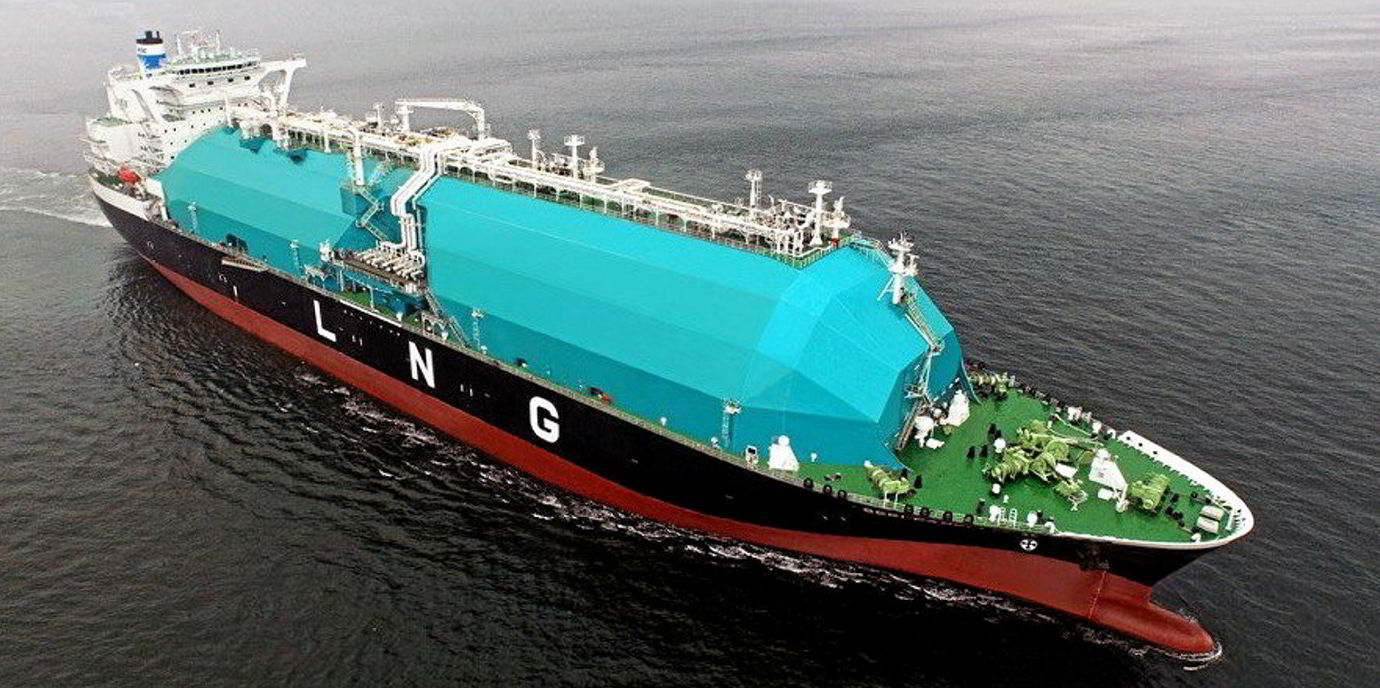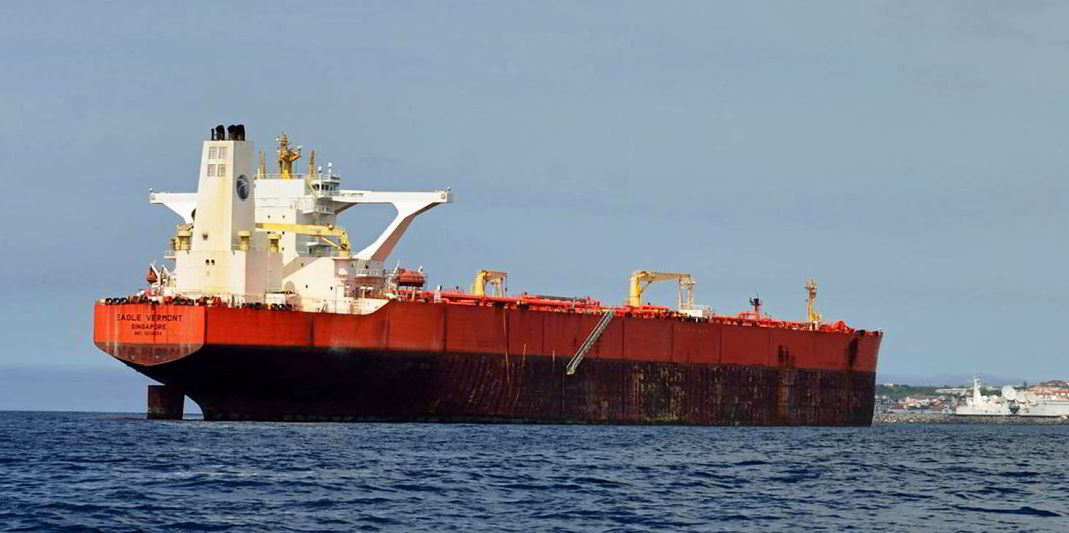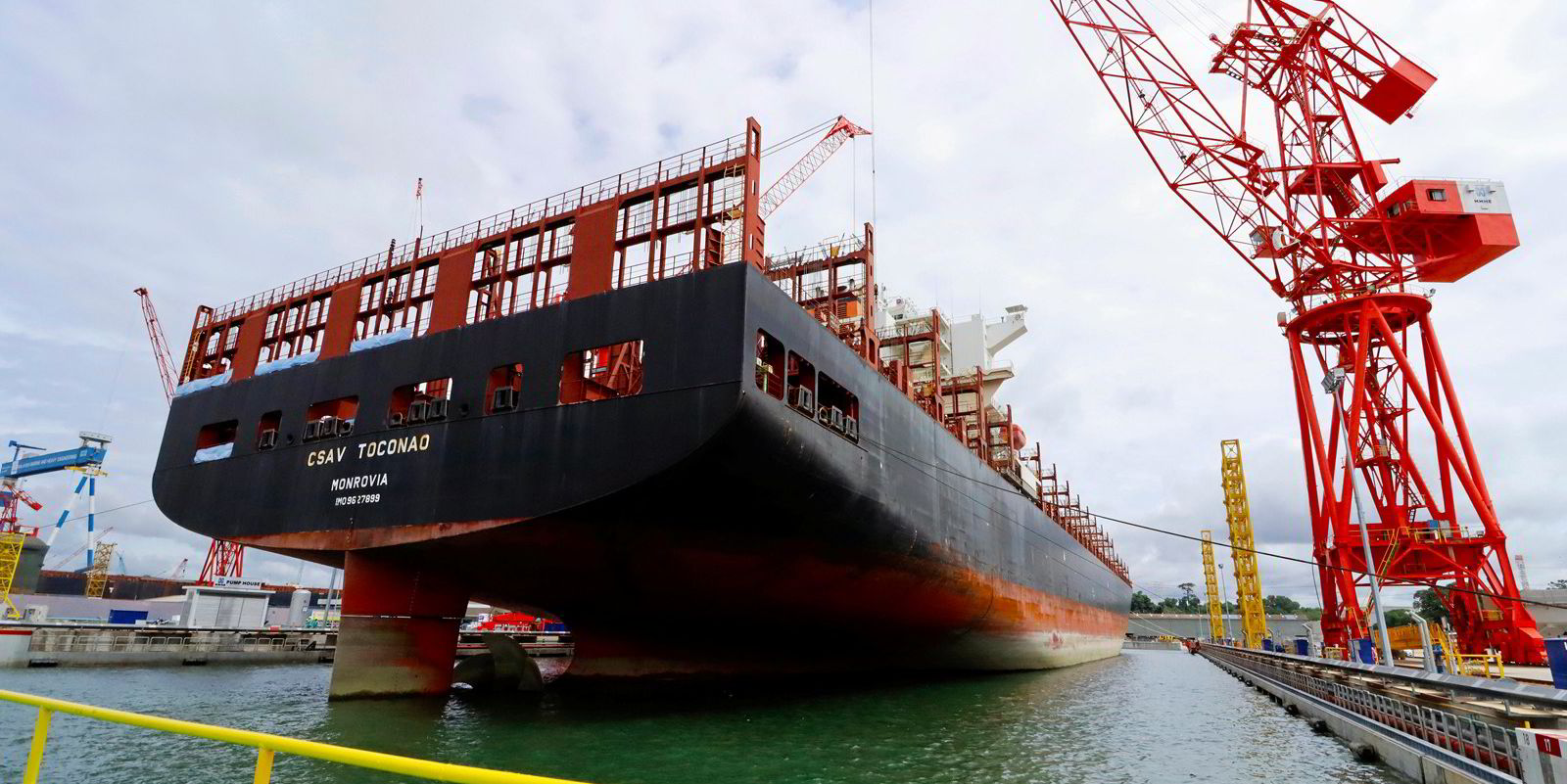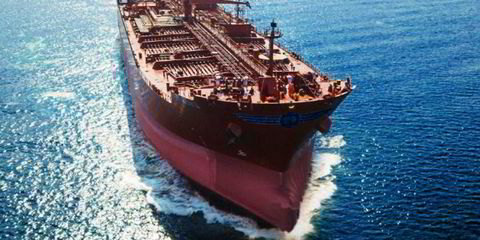What was otherwise a banner financial year for Malaysian shipping giant MISC Berhad has been tempered by impairments and provisions for litigation claims.
The Kuala Lumpur-headquartered company announced on Thursday that it made a gross profit of MYR 2.88bn ($712m) last year, up from MYR 2.74bn in 2019.
Revenue rose to MYR 9.4bn, from MYR 8.96bn.
However, the company made provisions of MYR 1bn for litigation in its heavy engineering and offshore divisions.
MISC also made MYR 846m in provisions for writebacks and write-offs for trade receivables and loss on re-measurement of finance lease receivables, together with $331m in impairment losses on assets and equipment.
The company finished the year with a MYR 169.8m loss after tax, a slump from MYR 1.43bn in 2019.
Pandemic impact
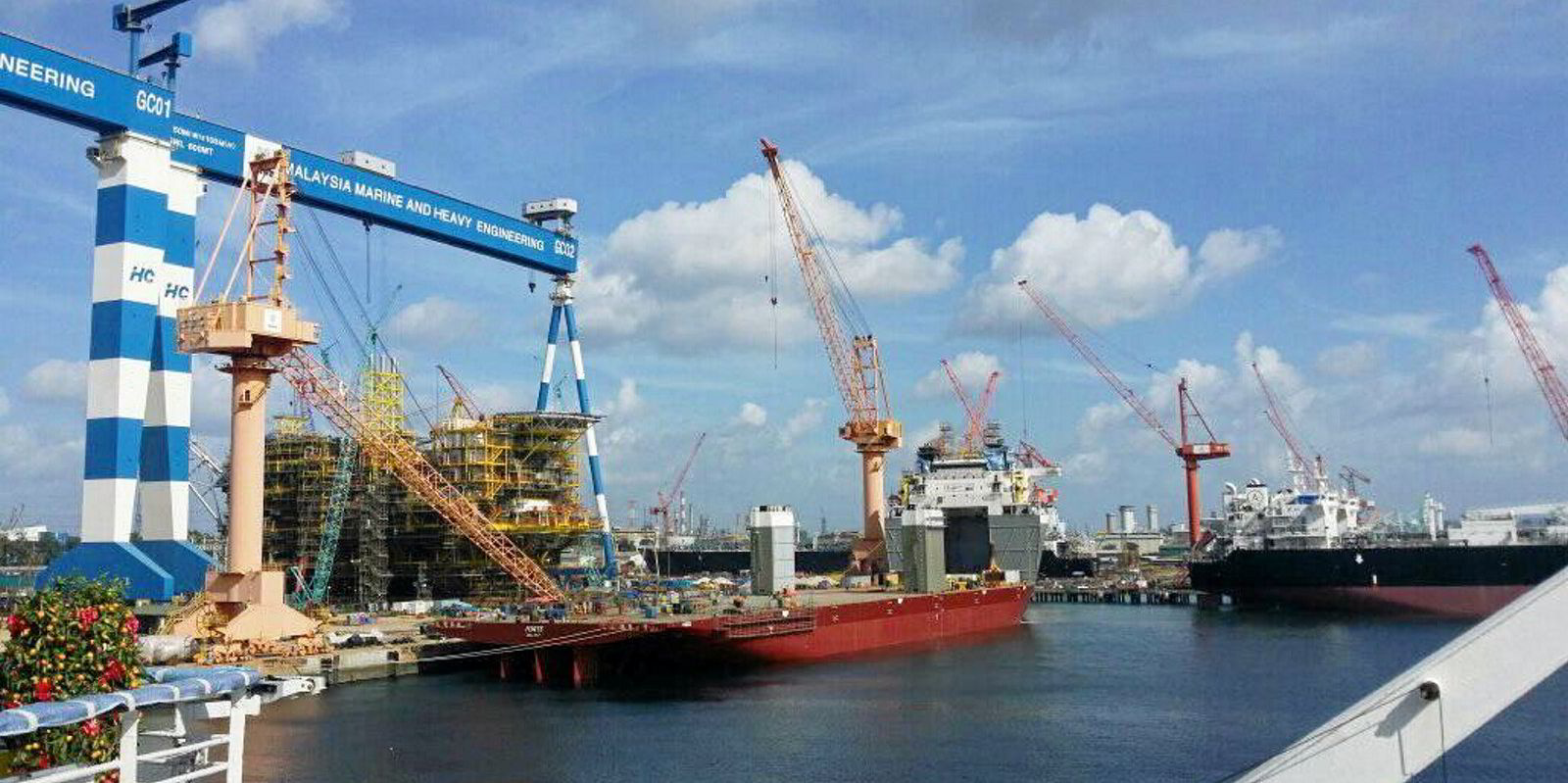
MISC said the impact of the Covid-19 pandemic was mixed across its LNG, petroleum, offshore and heavy engineering businesses.
Long-term time charter contracts for the majority of its LNG fleet resulted in a stable financial performance with an operating profit of MYR 1.19bn on revenue of MYR 2.65bn.
Its petroleum shipping segment experienced an “exceptional performance” in the first half, but this later tapered off, leading to a cumulative operating profit of MYR 480m on revenue of MYR 3.86bn.
Its offshore business segment remained largely unaffected by the pandemic as all its assets, mainly floating production storage and offloading units (FPSOs), were on long-term charter contracts. The offshore business brought in an operating profit of MYR 565.8m on revenue of MYR 1.29bn.
The pandemic did have a negative effect on its heavy engineering shipyard division, Malaysia Marine & Heavy Engineering (MMHE).
It was hit by a brief shutdown of yard operations during lockdown, prolonged border-control measures, a slowdown in ship repair jobs, supply-chain disruptions, additional costs of working under Covid-19 safety protocols, and weakened demand for heavy engineering work from the oil and gas sector.
Those factors, combined with a MYR 300m impairment loss on property, plant and equipment, brought in a MYR 100m loss on revenue of MYR 1.57bn.
The MYR 1bn provisions for litigation proceedings that MISC was forced to make in 2020 stem from four ongoing arbitration proceedings that include the delayed delivery of an FPSO and contract disputes involving projects undertaken by MMHE.
Long-term stability
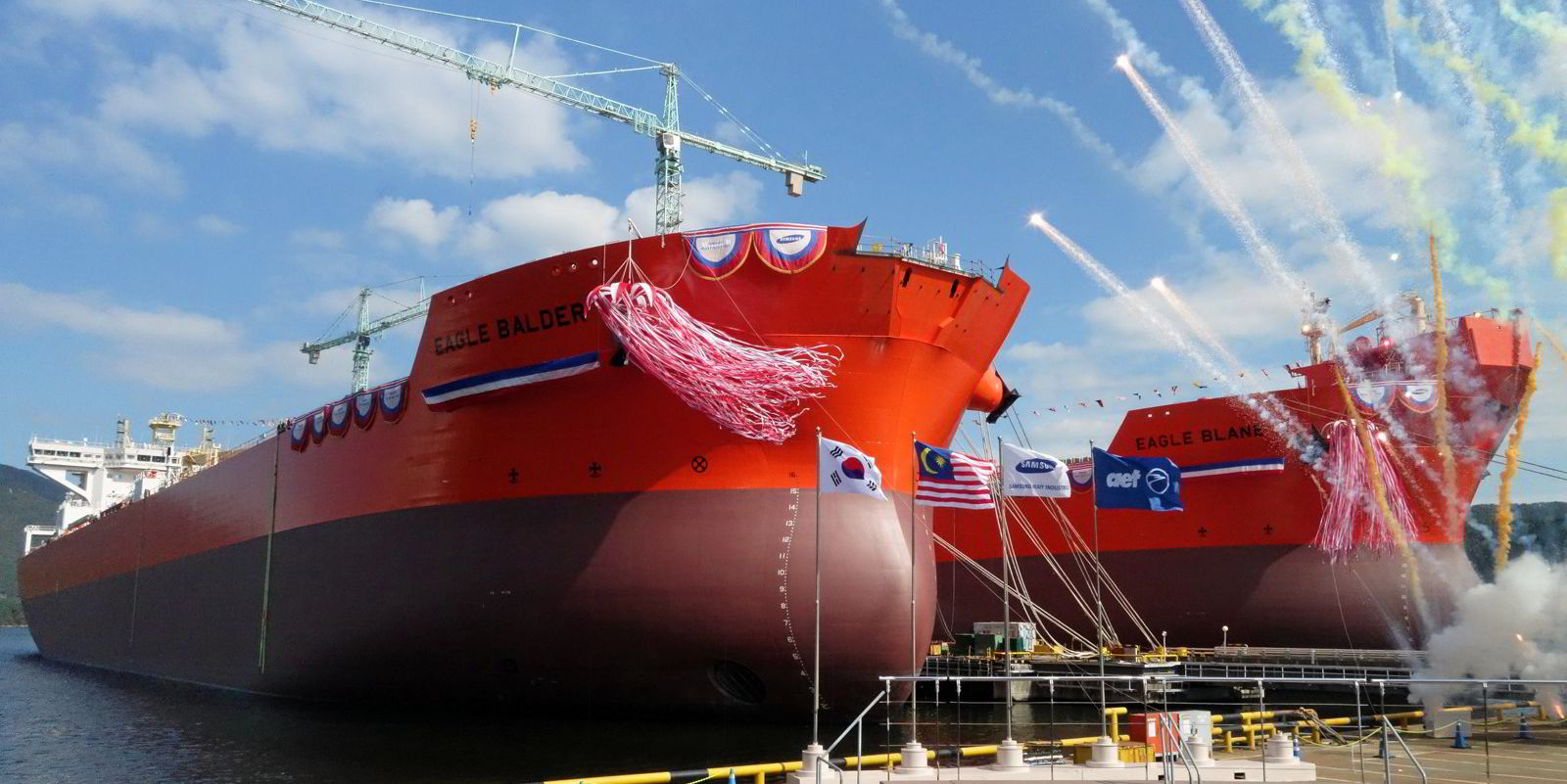
Commenting on its prospects for 2021, MISC said the operating income of its LNG shipping business continues to be underwritten by the portfolio of long-term charters that are in place.
It noted that the crude tanker market is expected to remain challenging in the near term, amid uncertainties over the recovery of oil demand and with vessel oversupply weighing on spot markets.
“Given the uncertain environment, the petroleum shipping segment will continue to focus on building long-term secured income through its niche shuttle tanker business and rejuvenation of its fleet with emphasis on eco-friendly LNG dual-fuel systems,” the company said.
Tanker arm AET has been gradually reducing its exposure to the spot crude sector. TradeWinds reported on 8 February that the two oldest chartered VLCCs in the AET fleet had been handed back to their US owners at the conclusion of their charters, but have not been replaced.
The company said activity in the global offshore exploration and production space is expected to remain stagnant for the year.
But although opportunities may be limited in the near term due to the cutback in capital spending by oil companies, “the offshore business segment will concentrate on the execution of the new FPSO project in hand while still continuing to source for attractive opportunities in targeted markets”, MISC said.
The shipowner added that its existing portfolio of long-term contracts would continue to support a stable financial performance.
MISC said prospects for the marine business segment remain challenging, with stiff competition among players expected, and a limited number of dry-docking works due to the improvement in demand for LNG vessels and charterers' preferences to opt for dry-docking in countries with more relaxed border restrictions.
“Given the uncertainties on the timing of the market recovery, the heavy engineering segment remains resolute and vigilant in pursuing business opportunities in other segments and new regions and continues to emphasize on stringent cost management and safe execution and delivery of ongoing projects," the company added.
This story has been amended since publication to correct earnings figures.
